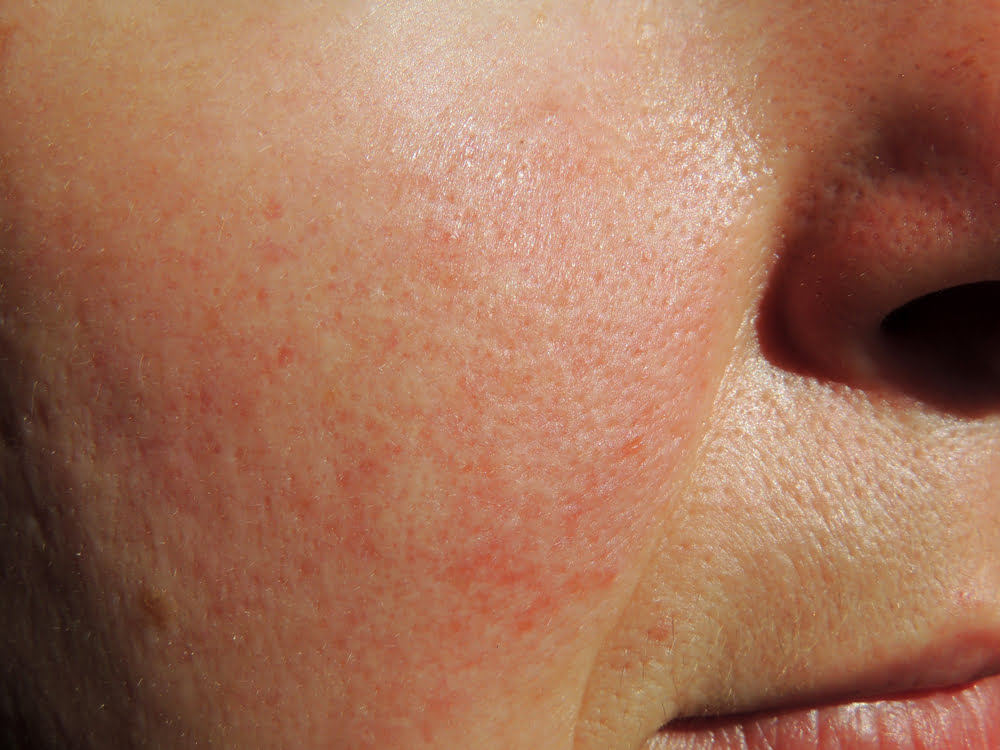

Rosacea is a common skin condition that causes redness, flushing, and visible blood vessels in the face.
While there is no cure for rosacea, there are several aesthetic treatments that can help reduce its symptoms and improve the appearance of the skin.
Book an Appointment
An effective treatment for rosacea is intense pulsed light (IPL) therapy.
IPL uses light to target and destroy the overactive blood vessels in the skin. However, IPL uses a broader spectrum of light, which makes it effective for treating a wider range of skin conditions, including rosacea.
Book an AppointmentTopical medications are also commonly used to treat the symptoms of rosacea.
These medications can help reduce redness and inflammation, and they may also help control the production of excess oil in the skin. Some of the most commonly prescribed topical medications for rosacea include metronidazole, azelaic acid, and clindamycin.


In addition to medical treatments, there are several lifestyle changes that can help manage rosacea.
Avoiding triggers, such as spicy foods, hot drinks, and alcohol, can help reduce the frequency and severity of rosacea flare-ups. Using gentle skincare products and protecting the skin from the sun can also help prevent rosacea from worsening.
Overall, the best treatment for rosacea will depend on the individual and the severity of their condition.
A board-certified dermatologist can help develop a personalized treatment plan that addresses the specific symptoms of rosacea and provides long-term relief.
Book an Appointment
